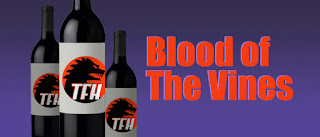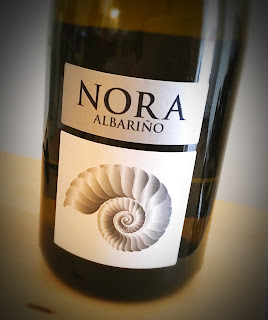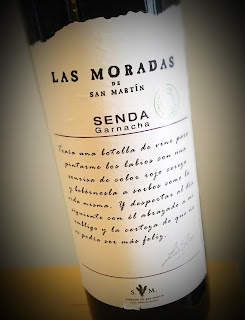Pairing wine with movies! See the trailers and hear the fascinating commentary for these movies, and many more, at Trailers From Hell. This week, we go a-hunting for wines to pair with three filmfuls of countercultural appropriations.
The Trial of Billy Jack was one of 1974's worst films, to hear the critics tell it. Movie goers opened their wallets and made it a big success, but the critics of the day seemed to have a contest going amongst themselves to find out who could pan it the most. Scribes strung stinging superlatives together at length to describe the movie's politics, message, incoherence and length - almost three hours. They sharpened their knives and dug in like it was a plate of brisket. Someone wrote a book about the 50 worst movies of all time, and Trial is in there.
In the movie, Billy Jack is on trial for involuntary manslaughter stemming from the series' first film - Billy Jack. He is convicted and sent to prison, which probably would have made a good ending, but he is unfortunately released and kills someone else. The story involves a lot of action set on an Arizona Native American reservation, at a school for kids who are apparently on the same track that Billy Jack lives on. The National Guard gets in on the body count by killing four students. Where have we heard that before?
The Trial of Billy Jack didn’t fare well internationally, which star, screenwriter and director Tom Laughlin reportedly blamed on U.S. government efforts to have the movie banned in other countries. Hey, Tom, it's not a ban if people simply don't want to see it.
For The Trial of Billy Jack, perhaps an applejack will do - a whiskey made from apples. The scenery on the screen is from Utah's Monument Valley, but let's look to Arizona for a wine pairing - at least you can get a decent drink there. Arizona Stronghold Vineyards has a red wine for the occasion - Lozen, a blend of Merlot, Cabernet Sauvignon and Malbec, for $48. Lozen was a real person, an Apache woman warrior who the chief called his right hand.
1970's The Strawberry Statement was taken from a non-fiction book about the 1968 student protests at Columbia University, transplanting them to the West Coast. The film's good intentions did not overcome what critics saw as naked opportunism, and tickets didn't sell either. The soundtrack album, however, was one of the coolest movie records of the era.
The National Guard gets some play here between scenes of college radicals and radical wannabes - knocking heads and shooting teargas at student demonstrations. Gee, how'd they ever get that bad rap?
For The Strawberry Statement - how about a jug of Boone's Farm Strawberry Hill? I drank plenty of that stuff back in my non-radical college days, and not because I had a fine, discerning taste for the grape. Shop around a bit and you might find it for three bucks. Aah, still priced right.
In 1969's Changes, a guy named Kent travels along the California coast. Kent is what we call a drifter, but in the '60s his aimless wandering was called "looking for his head." We don’t know if he ever found it, but it's hard to care about it when even he doesn't seem too interested.
Kent's wanderlust seems fueled by an attempt to escape the squares - parents, establishment, Nixon voters - but they are harder to shake than the IRS in April. He is driven by memories of a girlfriend who committed suicide and he can't seem to find any real meaning in his existence. This guy's introspection makes Kierkegaard look like a party hound.
To balance Kent's indifference, let's go the other way for the wine pairing - anything but boredom. That is how Domain Mada's Tout Sauf L'Ennui translates. It's a $35 Carignan from the Laungedoc-Rousillan in the south of France, and it's sure to help you find your head.


















